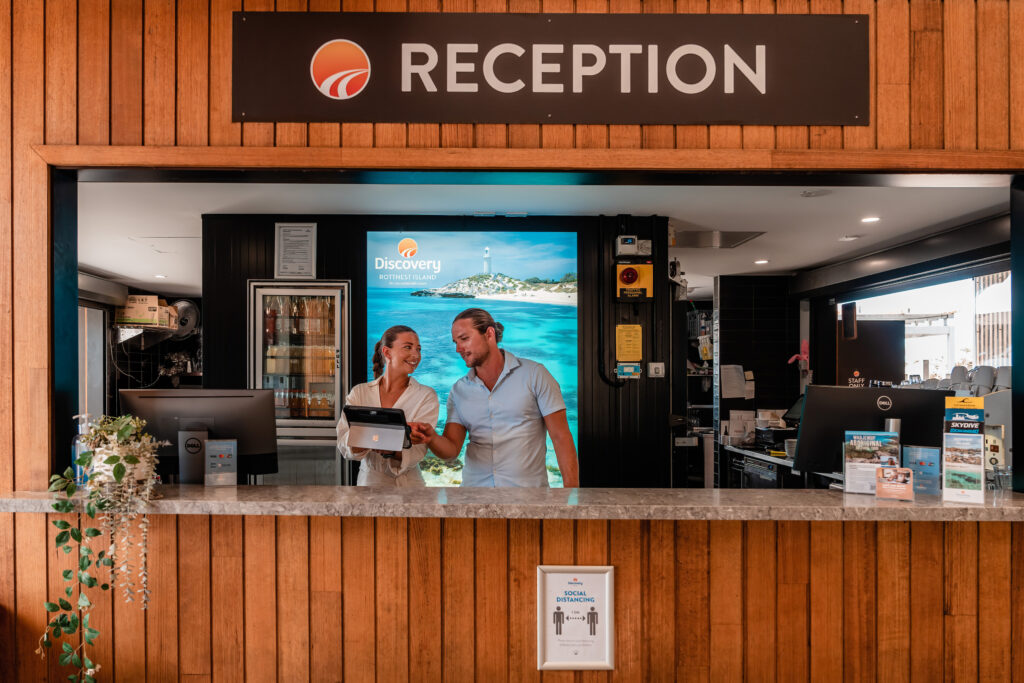Can you work while studying?
While on a student visa you can work up to 48 hours per fortnight during the semester and unlimited hours during semester break. A fortnight means 14 days. Australia has laws guaranteeing basic workplace rights, including minimum pay and conditions. You should always be paid for work that you do, including training and trial shifts and be paid at least once a month, receiving a payslip within one working day of being paid. Employers are not allowed to give you goods or services (including food) instead of pay.
To understand your rights or get advice check out the Fair Work Ombudsman Website
What do you need to know about tax?
Before working in Australia, it is crucial to obtain a Tax File Number (TFN). Your TFN will ensure that you get taxed at the correct rate for the amount of work you are doing. Australia has a tax-free threshold of $18,200, meaning you will pay no tax if you earn less than this amount in one year. If you have any tax taken from your earnings, then you will need to complete a tax return at the end of the financial year.
Read more about: Applying for your Tax File Number
Volunteering
Volunteering will provide you with a vast range of soft skills, improve your communication skills, allow you to make new friends and integrate more with your new community. Your university may have a volunteering office, but if not seek help at the careers office. Off-campus volunteering may take you further into the local community and allow you to learn about Australian customs. The experience you develop through volunteering can be of great advantage when you apply for a professional role.
Internships and Work Experience
Gaining experience relevant to your course of study is of great benefit as you transition into a professional career. Whether this career is in Australia or overseas, completing an internship while studying is a uniquely valuable opportunity. Check with your education provider for options for arranging an internship or work experience. You will often develop skills directly related to your career and learn how to operate within a professional environment. Your internship or work experience may lead to employment with the organisation after you graduate.
Getting a Graduate Position
In your final year, you will have the opportunity to apply for graduate positions with a range of organisations. If you plan to stay in Australia after graduation then arranging a graduate position is an excellent idea. Employers have the opportunity to sponsor your visa and if your degree falls under the ‘Skilled Occupations’ category then this process is much easier.
For more information, refer to the Skilled Occupations List provided by the Department of Home Affairs.
Writing a Resume
The basics of a resume include your contact details, previous work history and, for students and recent graduates, details about your education. Keep it as concise as possible and get somebody to proofread it for you.
Include at least one reference; this should be a previous employer or someone who knows your work or study ethic. Speak to a friendly tutor if you need someone to be a reference for you. Your resume and cover letter should be targeted for a particular role; don’t use the same generic versions for all jobs.
Checklist:
- Name & Address (Don’t include your date of birth or your photo)
- Visa Status
- Education History
- Employment History
- Information about your extracurricular activities and achievements
- Days & hours you are available to work
- References from any past employers
- Include a personal reference
Make your resume perfect with this free template
How do you find a part-time job?
Once you have arranged a TFN, set up a bank account and finished your résumé, you are ready to start your job search. The hospitality and retail industries are traditionally the biggest employers of students due to their varying hours and need for casual employees. Your institution’s career centre, or online jobs board, may have several roles specifically for students. Some bars, shops and cafés may advertise positions in their windows.
Know where to look!
This is the first part of the challenge, once you have explored your institution’s career services on campus then head online. Use the advanced search options to select part-time or casual jobs. Then set up email alerts so you will receive regular emails with jobs matching your search.
Check out our Top 10 Jobs for International Students
Don’t spam employers
Don’t just indiscriminately hand out your resume all over the place. Target relevant jobs and tailor your resume to suit that style of job. Pay attention to skills or responsibilities relating to that job and make sure they are mentioned in your resume/cover letter.
What to wear to an interview?
For a casual role, you don’t have to dress in business formal, but it is still essential to appear clean, neat and tidy. For graduate roles and professional internships, business formal may be expected, so research the company before you attend.
Good luck!





